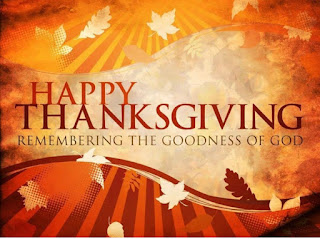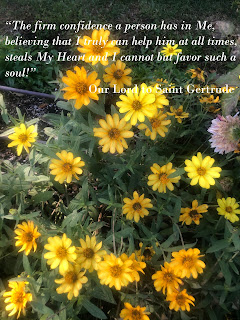In most
years by the time we get to Advent, we’re ready to leave the “ordinary” time of
the year and embrace Advent with all of its promises. But 2020 has been especially challenging for
so many – illness and death, isolation, financial concerns, and the list could
go on. Many of us long for peace and
serenity, for a sense of security and order, for something predictable. The prophecies from Isaiah foretelling the
rise of a new Davidic king should give us much hope and optimism (Isaiah
11:1-10). This year the promise of
Advent and everything new is more important than ever. As I wrote about what we long for, I realized
that’s exactly what we are promised – predictability – of a Child who will
redeem us. Isaiah creates a picture of
peace and serenity –animals who live as enemies in nature are now able to
co-exist in peace without threat to each other: “Then
the wolf shall be a guest of the lamb, and the leopard shall lie down with the
kid; The calf and the young lion shall browse together, with a little child to
guide them.” (Isaiah 11:6).
Our chaotic world
offers pitifully little of this these days.
How can we learn from these animals to look beyond our comfort zones and
allow that little child to guide us?
Advent
reminds us of a fresh beginning – an opportunity to welcome the new and out
with the old. All the feelings of being
worn out from this horrendous year and wondering when isolation will come to an
end fade when we realize that the very symbol of hope and everything good is
coming. The beginning of the Church year
gives us a chance to begin anew and not only leave 2020 behind but also all the
stress and uncertainty. It reminds us
that this earth and all of its challenges are just transitory – this is not our
forever. The journey here is not the
final goal. Sometimes, we let this
fragile life direct our thoughts and attitude and drag us into unimportant
details. We forget to look at the bigger
picture and the eternal life that should be our priority.
The season
of Advent is just what this world needs right now to raise our spirits and
direct us to the indisputably important aspects of life and preparation for our
eternal life. Advent reminds us to open
our hearts as we anticipate and prepare for our greatest Gift. It’s our Faith and hope of what’s to come that
will support us and allow us to see beyond our troubles and this chaos called
life. Most importantly, Advent reveals
what Jesus says to the disciples: “Blessed are the eyes
that see what you see. For I say to you,
many prophets and kings desired to see what you see, but did not see it, and to
hear what you hear, but did not hear it.” (Luke
10:21-24)



















